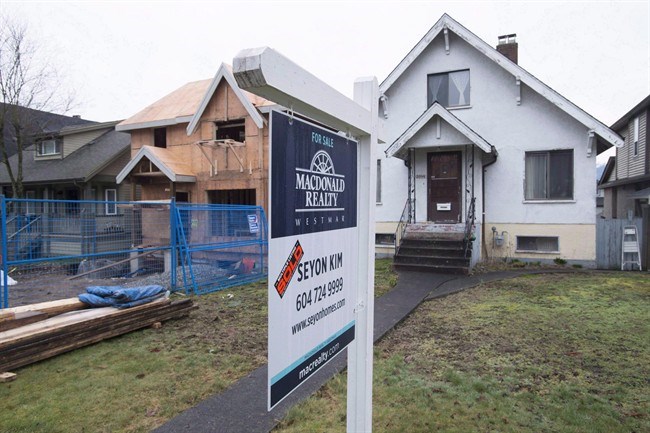Victoria councillors have endorsed a motion introduced by Coun. Ben Isitt calling on the province to give local governments the authority to levy a surtax on vacant residential properties “to discourage vacant and derelict buildings, and encourage the occupancy, maintenance and improvement of buildings to address housing affordability and public safety.”
They also agreed to forward the motion to the Association of Vancouver Island and Coastal Communities and to the Union of B.C. Municipalities.
Coun. Geoff Young argued against vacancy taxes, including the provincial speculation tax which, he said, was expected to address a problem of properties being bought by foreign nationals and being kept empty or used by a child going to school.
That has been addressed in provincial legislation, Young said but he remains uncomfortable about the tax.
“A hundred years the workers of the province said: ‘OK, Chinese people are coming over here; they’re poor and they’re bidding down the price of labour. Let’s put a tax on them,’ ” Young said. “Now the shoe is on the other foot. It’s people saying: ‘Chinese people are coming over here; they’re rich. They’re buying up our houses; they’re bidding up the price of housing. Let’s put a tax on them.’ ”
Young said the province should “get its act together” to reclassify condo units that are being rented out like hotel rooms. Those properties should be assessed as commercial and then taxed at commercial rates about 3.5 times the rate of residential properties, Young said. “If that were the case we at the city would benefit from a lot of the revenue.”
Coun. Jeremy Loveday said municipalities should have the right to choose whether they want to impose a vacant property tax just as Vancouver can. “What we’re looking at is creating a pathway for municipalities to disincentivize vacant properties staying vacant. And I think that’s crucially important when we’re in a housing crisis.”
He said the proposed tax is not about foreign speculative investment but rather about vacancy.
“I happen to disagree fervently with the comments that have been made about a foreign speculative investment tax being racist. It’s not a tax on people. It’s a tax on global capital distorting local housing markets,” Loveday said.
No housing policy is going to be a silver bullet, said Coun. Laurel Collins. “But this is a policy that gives us options,” she said.
Vancouver implemented its vacancy tax in 2016 as part of a suite of policies designed to increase vacancy rates. The tax levies a fee of one per cent of the assessed value for homes left vacant more than six months. It has been a financial windfall, bringing in $38 million in revenue in its first year. Revenues are to go to affordable-housing initiatives.
The new tax appears to be having little effect on vacancies. The Canada Mortgage and Housing Corp. reported in November only a 0.1 percentage point increase in the city’s primary-market vacancy rate in 2017 — rising from 0.8 per cent to 0.9 per cent.



